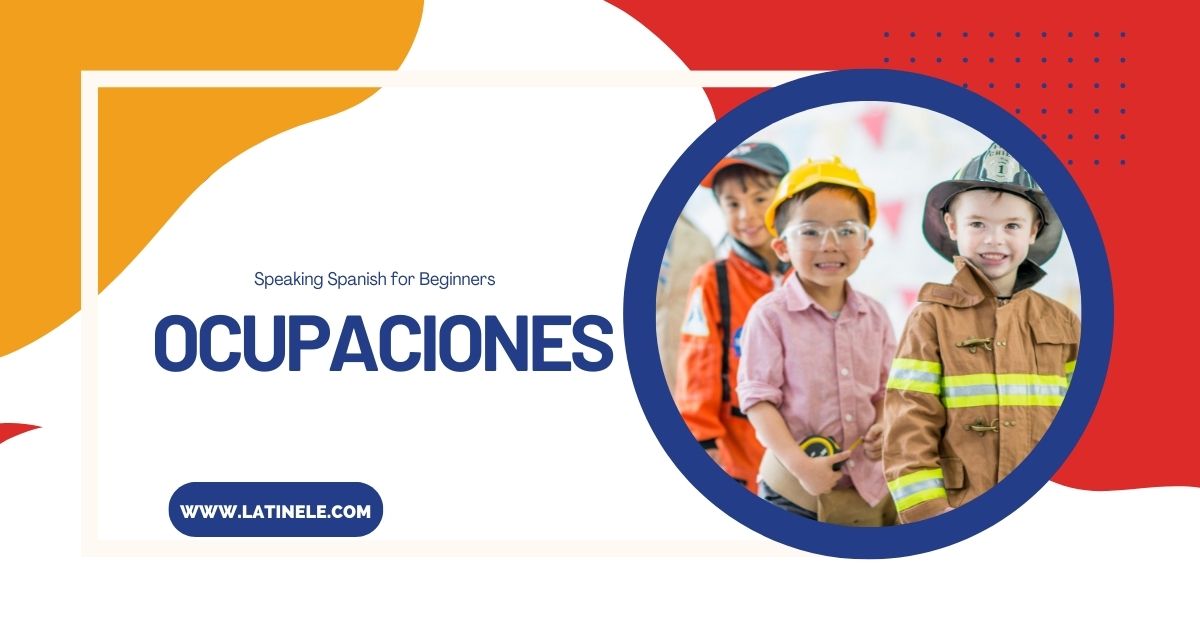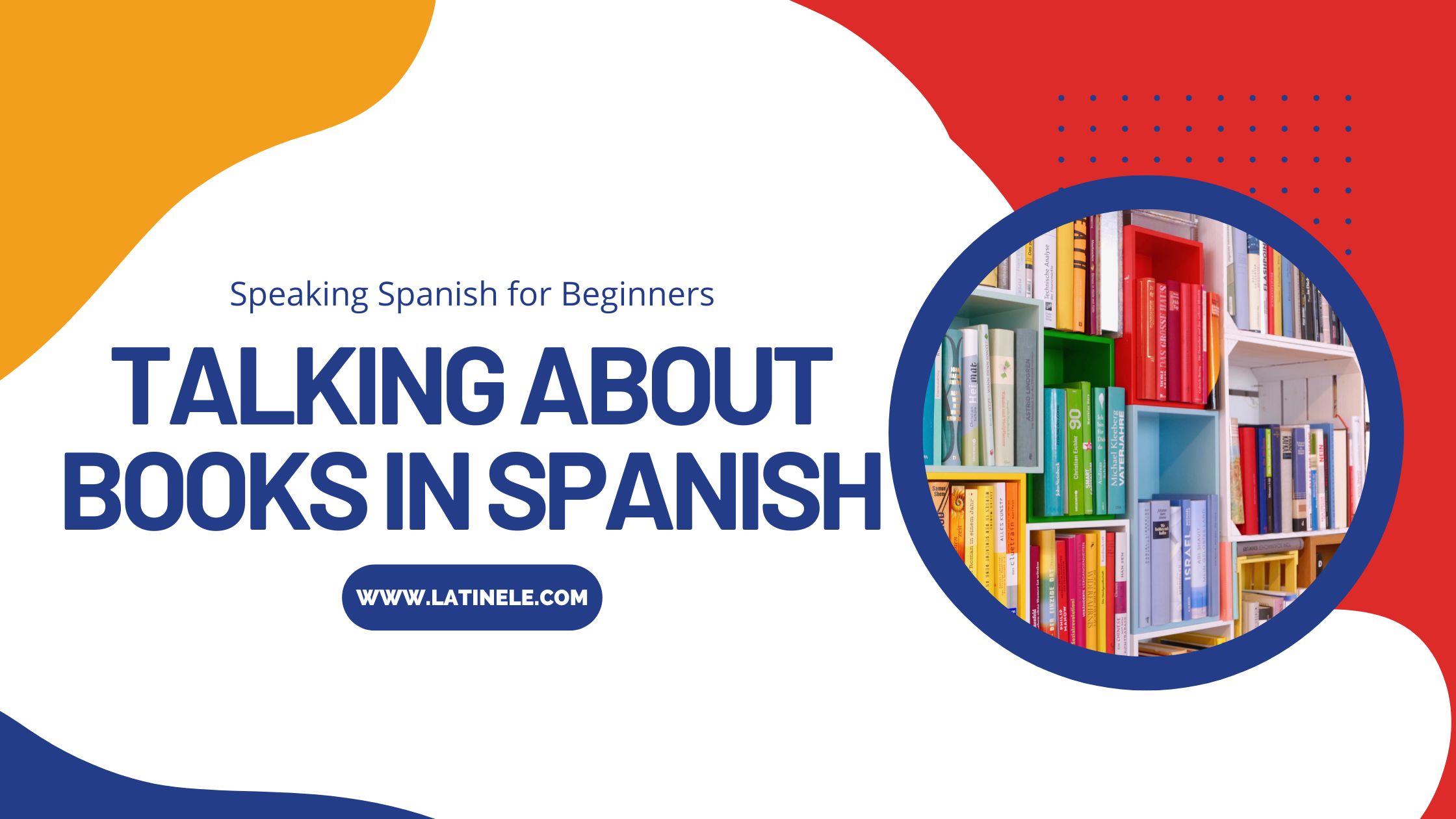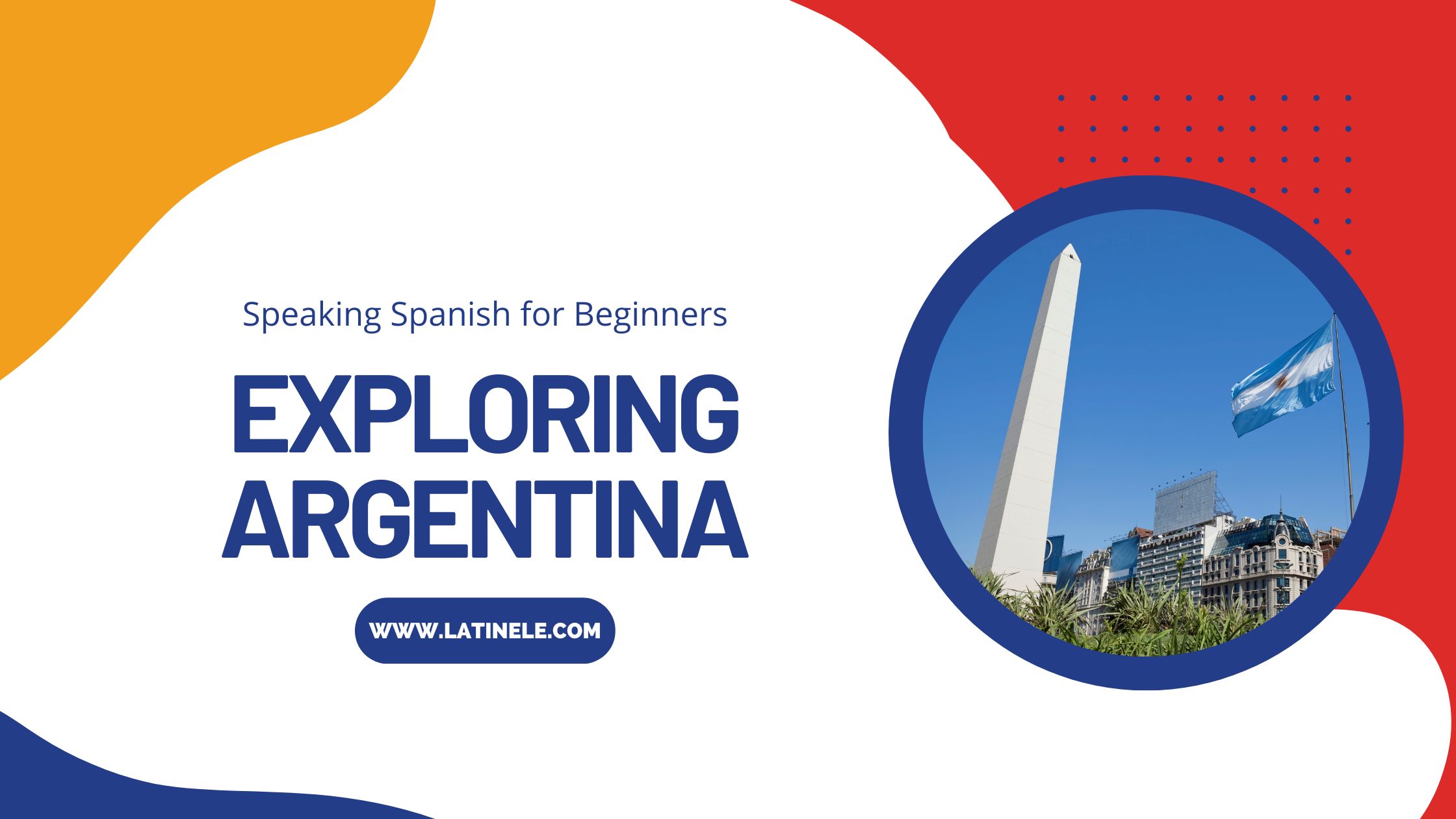What do you do for a living? You’ll learn how to provide that kind of information in Spanish in this entry.
Listen to the following episode of Speaking Spanish for Beginners. The show notes to follow the explanations are provided below.
Questions
How to ask about a person’s occupation. Let’s start by looking at some questions.
¿Cuál es tu ocupación?
¿A qué te dedicas?
¿Qué haces?
They all basically mean the same “What is your occupation?”. If you use “¿qué haces?” you probably have to add something else to indicate you refer to the occupation.
Replying to ¿A qué te dedicas?
Verb “ser” + occupation
Example: – ¿Cuál es tu ocupación? – Soy doctor
Notice there is no article “un/una” in between (equivalent of “a” in English). So we don’t say: soy un doctor.
Verb trabajar
This verb means “to work”. Being a regular verb (more on that on this episode), here is the conjugation:
Yo trabajo
Tú trabajas
Él/ella/usted trabaja
Nosotros(as) trabajamos
Ustedes/ellos/ ellas trabajan
If you want to ask “where do you work?” You ask “¿dónde trabajas?”.
In this question, the pronoun “tú” is implicit by the conjugation of the verb “trabajar”. Spanish speakers recognize the subject of a sentence from the conjugation of the verb. That’s why they don’t always mention the subject explicitly.
To reply to that question, you can say “yo trabajo + en + name of company/institution”
Example: Me llamo Marco y trabajo en Latin ELE.
Some Occupations
Pianista (both male and female). Trabaja en conciertos.
Escritor(a). Trabaja en su cuarto.
Doctor(a). Trabaja en el hospital.
Actor/actriz. Trabaja en el teatro.
Abogado(a). Trabaja en la corte.
Profesor(a). Trabaja en la escuela, instituto, universidad, etc.

Spanish Adventures Companion
Get our FREE ebook and podcast and learn the essential vocabulary and cultural insights you need to handle common travel situations in Spanish.
Dialogue Transcript
Before you read this section, make sure to listen to the episode above without looking at the transcription. Then you can come back and see how much of the dialogue you undertood.
Marco: Jessica, ¿a qué te dedicas? ¿Cuál es tu ocupación?
Jessica: Yo soy doctora, ¿y tú?
Marco: Soy profesor de español.
Jessica: ¿Dónde trabajas?
Marco: Trabajo en un instituto cerca de mi casa, ¿y tú?
Jessica: Trabajo en un hospital.



